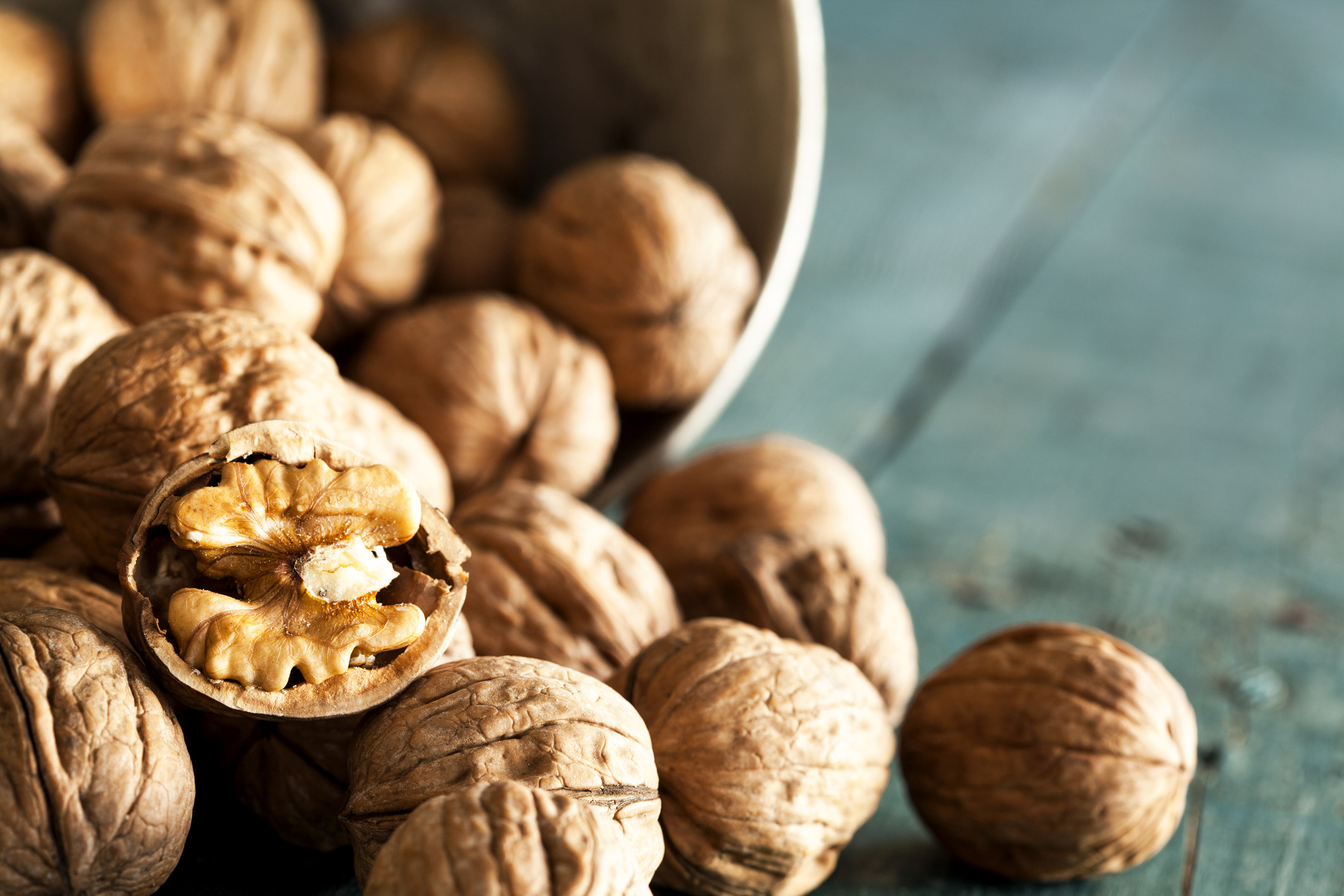
How — and why — to fit more fiber and fermented food into your meals

UTI in older women: Why postmenopausal women are susceptible to urinary tract infection, and what to do about it

Can a routine vaccine prevent dementia?

Some adults may need a measles booster shot. Who should get one and why?

Less butter, more plant oils, longer life?

Healthier planet, healthier people

Counting steps is good — is combining steps and heart rate better?

Appendix pain: Could it be appendicitis?

Can saw palmetto treat an enlarged prostate?

How does Ozempic work? Understanding GLP-1s for diabetes, weight loss, and beyond
Heart Health Archive
Articles
What is POTS — and what triggers it?
Postural orthostatic tachycardia syndrome (POTS) is a condition characterized by lightheadedness or dizziness when standing and a racing heart. The underlying cause is not known, although it sometimes follows bedrest after injury or illness. Recently, POTS has been diagnosed in some people who have had COVID-19.
A brief bout of anger may be bad for your blood vessels
A short episode of anger may have adverse effects on the cells lining the blood vessels, according to a 2024 study. The findings may help explain the long-observed link between negative emotions and an increased likelihood of cardiovascular problems.
Counting steps as good as time tracking for monitoring heart health
Advice about the amount of physical activity required to stave off heart disease and other chronic ailments is usually expressed as a time-based goal. But counting steps may be just as useful, according to a 2024 study.
All types of alcohol appear to raise blood pressure
A 2024 study suggests that the more alcohol people drink—whether they imbibe beer, wine, or hard liquor—the higher their blood pressure.
Rethinking HDL cholesterol
The scientific understanding of HDL cholesterol has evolved in recent years, and many cardiologists now believe that HDL may be more of a bystander rather than a "good guy" that helps lower heart disease risk. While some types of HDL are great at plucking excess cholesterol from LDL and artery walls (a process referred to as reverse cholesterol transport) other types of HDL don't do this. In clinical trials, medications to raise HDL levels—including a drug specifically designed to improve reverse cholesterol transport—have not succeeded in lowering heart attacks and strokes.
Are heart attacks overdiagnosed?
Doctors may diagnose heart attacks in people who have not actually had one, in part because they screen people with subtle symptoms out of fear of missing the diagnosis. Failure to diagnose a heart attack is the No. 1 cause of malpractice payouts in the emergency department. But the blood test used to detect a heart attack is very sensitive, and other conditions such as myocarditis (heart inflammation) may be misdiagnosed as a heart attack. This problem of overdiagnosis can expose people to unneeded risks, high costs, and other downsides.
Chemical pollutants: A growing concern for your heart
Chemical pollutants such as lead, perfluoroalkyl and polyfluoroalkyl substances (also known as PFAS), and pesticides may contribute to heart disease risk. Possible routes of exposure for all three include drinking water and food. Residue and dust from many common items (such as water-resistant clothing and personal care products) may expose people to PFAS. People can limit their exposure by testing and, if needed, filtering their drinking water; choosing PFAS-free products when possible; using non-chemical pest control methods; and choosing organic foods.
Another risk related to atrial fibrillation
A 2024 study suggests that for people with atrial fibrillation (afib), heart failure may be a more common complication than stroke. People with afib should be vigilant for the early warning signs of heart failure, such as feeling tired and winded.
Can you reduce your cholesterol without taking a drug?
People can reduce their LDL cholesterol in three ways. One strategy involves dietary changes, such as eating more fiber-rich foods and swapping saturated fats for unsaturated fat. Another is to take one of several dietary supplements, including psyllium, plant sterols, or red yeast rice. The third entails taking a prescription medication, such as a statin. Many factors can affect whether these different strategies are advisable or useful, including a person's age and other risk factors for heart disease, their current dietary habits, and the quality of the supplements they take.

How — and why — to fit more fiber and fermented food into your meals

UTI in older women: Why postmenopausal women are susceptible to urinary tract infection, and what to do about it

Can a routine vaccine prevent dementia?

Some adults may need a measles booster shot. Who should get one and why?

Less butter, more plant oils, longer life?

Healthier planet, healthier people

Counting steps is good — is combining steps and heart rate better?

Appendix pain: Could it be appendicitis?

Can saw palmetto treat an enlarged prostate?

How does Ozempic work? Understanding GLP-1s for diabetes, weight loss, and beyond
Free Healthbeat Signup
Get the latest in health news delivered to your inbox!
Sign Up











